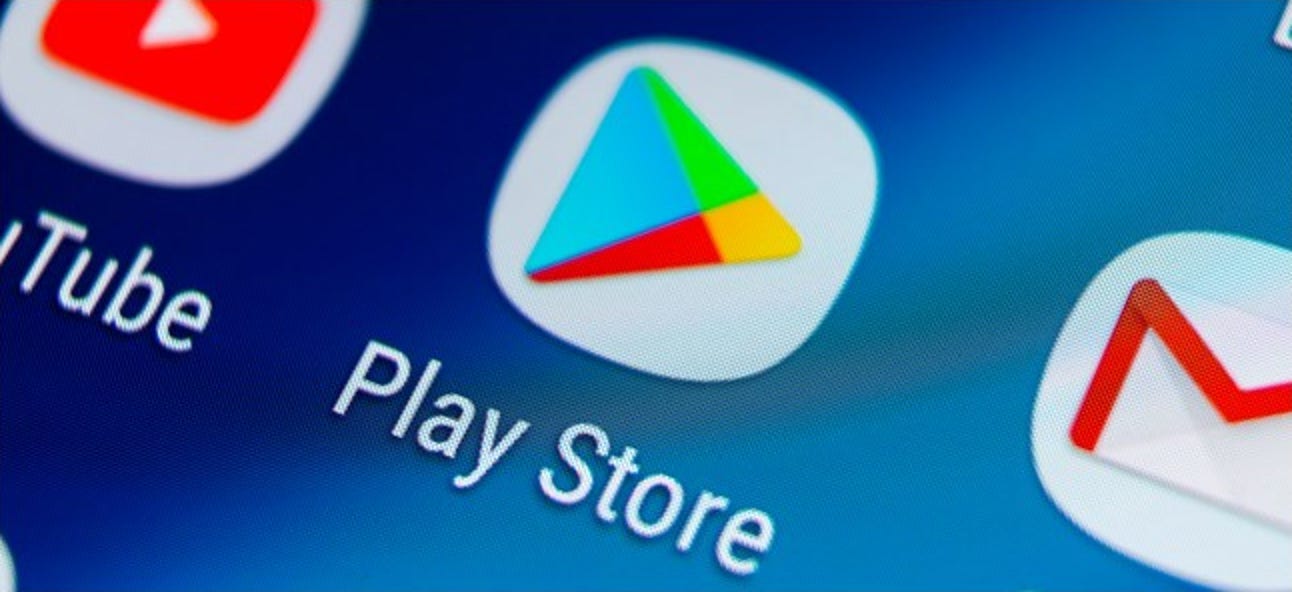Protecting App Developers from Google's Unfair Practices
Google’s new policy comes at a national cost.
For many app developers and startups across India, Google’s new Play Store policy is a ticking time bomb. Once it comes into effect next March, most of their business models, plans and margins will come tumbling down and leave a giant hole in India’s digital ecosystem.
Though the Competition Commission of India (CCI) is already investigating Google’s alleged abuse of the dominance enjoyed by its Play Store, ADIF, an alliance of 400+ startups and founders, has filed an application with the body seeking interim relief from the new policy while the investigation is ongoing. We have requested that the status quo be maintained until the final verdict has been arrived at.
Background
In September 2020, Google had announced that Play Store apps in several categories can accept payments only through Google’s own billing system. The affected categories were most digital goods, including Education, OTT, Fitness, Matrimony, Dating and Gaming.
This led to a huge backlash from the developer community as the Google Billing System charges a 30% commission on every transaction compared to the 2% or less charged by other payment services like PayTM, BillDesk etc that are currently used for making purchases.
Following the backlash, Google postponed the implementation of the new policy to March 2022 and reduced the commission to 15% for those earning revenue of less than $1 million.
This “concession” has done little to improve the mood of the app developers, because the issue goes much beyond the unfairly high gatekeeper tax percentage.
The Play Store time bomb
Currently, for most apps, the payments received through Google Billing System (GBS) account only for a small percentage of their total transactions. Though Google was charging a 30% commission on these transactions, it did not affect the app developers as a bulk of their revenue came through other channels.
But now, with the new policy, all in-app transactions will have to go through GBS and Google will levy a high commission on all of that revenue. This Google Lagaan is not only laying claim to the meagre margins that most apps make, but is also threatening to run many of them into losses and eventual demise.
For an average app developer, roughly 40% of the revenue goes into marketing and growing their customer base. After taxes and payment gateway charges, the company would have about 30-40% of its revenue available for meeting the operational costs which include manpower, utilities and other such costs.
With this compulsory commission, Google could soon leave companies with just 10% of their revenue or less to meet their operating costs. Let’s not forget that a good chunk of the app developers’ marketing spends also go to Google for paid ads. Apps powering India’s digital wave might soon have to choose between growth and paying their bills. Google’s new policy comes at a national cost.
What is interesting is that though Google offers the exact same services to all apps listed on its Play Store, irrespective of whether the products/services they sell are physical or digital, only the latter is being squeezed. Google would argue that it costs them a lot of dollars to maintain its Play Store. However, the 8.5 billion USD gross profit it generated through the Play Store in 2019 does not justify the need for introducing this new policy.
Abuse of dominance
While the smartphone OS market across the world is dominated by both Apple and Google, the latter has a clear dominance in India with 95% of smartphones in the country running on its Android OS.
It is essential for Android users to have application stores on their devices to download apps. Since the Play Store comes pre-installed on these devices, it becomes the default application store for app downloads.
According to Statista, 96% of app downloads in India happen through the Play Store. This makes it absolutely critical for businesses to have their apps listed on the Play Store. This is why app developers have been forced to adhere to policies dictated by Google, irrespective of how unfair they are.
But we agree with them that this time, Google has gone too far!
On one end, by mandating the use of only GBS for transactions originating from apps, Google is foreclosing the in-app payments market, thus putting its competitors in the mobile payment space at a huge disadvantage. On the other, the high 30% commission will choke app developers who are competing with other Google apps.
Ongoing investigation
The Competition Commission of India (CCI) announced its investigation into the above anti-competitive practices in Nov 2020 after a bunch of app developers approached it for protection. The investigation is ongoing and the Commission is of prima facie view that “mandatory use of application store’s payment system for paid apps & in-app purchases restricts the choice available to the app developers to select a payment processing system of their choice especially considering when Google charges a commission of 30%”.
The ask
While the app developer community keeps faith in the CCI to come out with a just verdict soon, it also needs to be ensured that these app developers are not forced by Google to accept the new Play Store policies come March. Hence, ADIF has filed an application through its lawyers at Sarvada Legal requesting CCI to provide interim relief in the form of an order to maintain the status quo until further notice.
ADIF is of the strong view that the controversial policy should not be imposed on the app developers before there is a final verdict on the issue, and if this verdict is in favour of Google, developers should be given 6 months to comply with the policies thereafter. If the verdict is against Google, this interim relief to maintain the status quo will save startups a lot of worry and effort. And with this clarity, our startups could once again start planning for the future.


